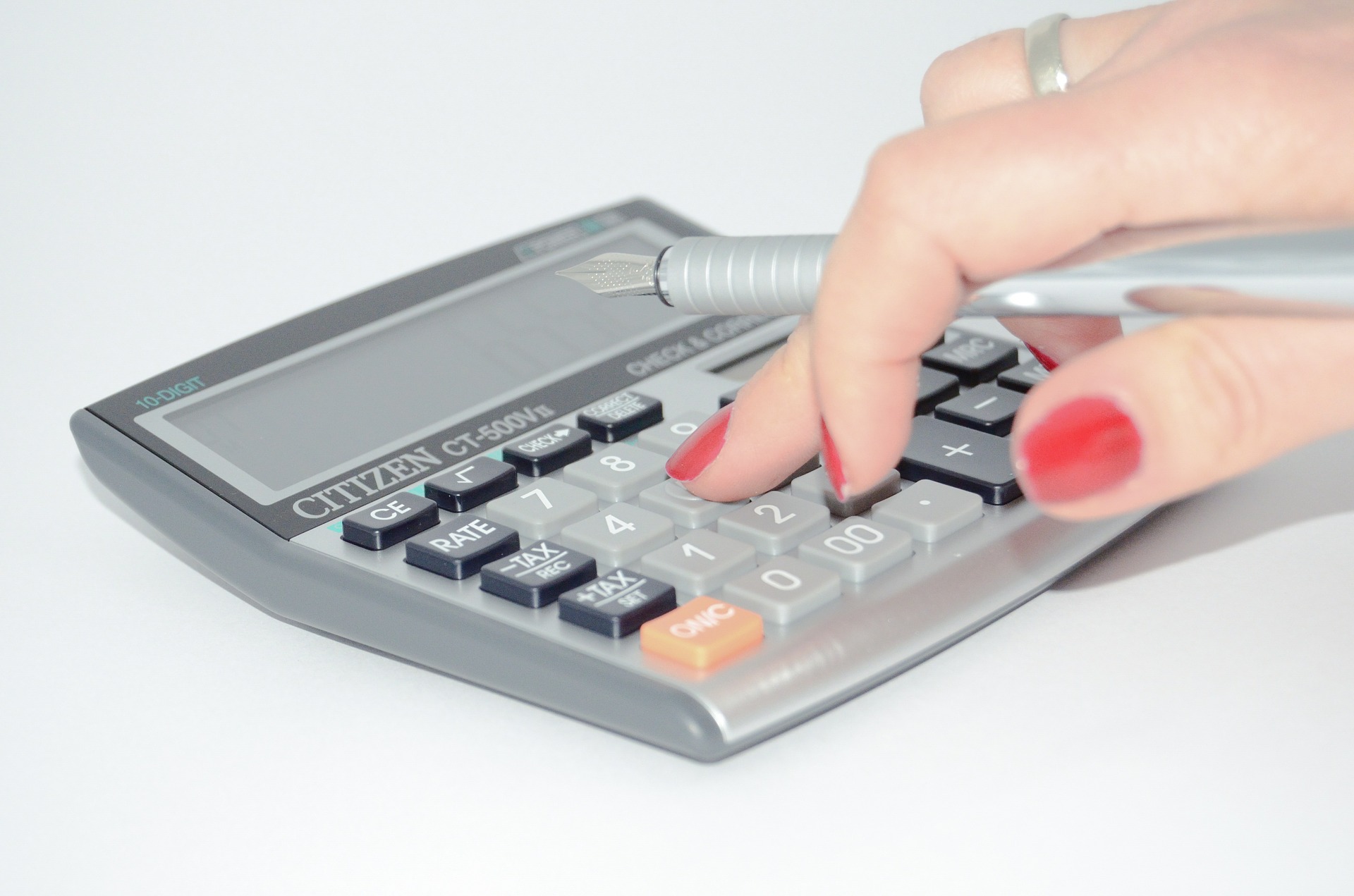 Under the Bankruptcy Abuse Prevention and Consumer Protection Act of 2005 (BAPCPA), the laws governing filing for bankruptcy were changed to make it more difficult for consumers to have their debts discharged under Chapter 7 of the Bankruptcy Code. Now, when you file your Chapter 7 bankruptcy petition, you must also file along with it a “Statement of Current Monthly Income and Means Test Calculation.”
Under the Bankruptcy Abuse Prevention and Consumer Protection Act of 2005 (BAPCPA), the laws governing filing for bankruptcy were changed to make it more difficult for consumers to have their debts discharged under Chapter 7 of the Bankruptcy Code. Now, when you file your Chapter 7 bankruptcy petition, you must also file along with it a “Statement of Current Monthly Income and Means Test Calculation.”
You also must include a schedule of current income and another schedule of current expenses. If your income is more than the median income of Ohio residents, you must pass a means test to “determine whether the chapter 7 filing is presumptively abusive.”
Presumption of Abuse: The Means Test and Median Income
The median income for Ohio residents as of April 1, 2017, depends on the number of members in the household. The median income for a one-person household is $3,854 monthly or $46,442 annually. The median income increases by increments up to a household of 10 which has a median monthly income of $11,120 or an annual median income of $133,440.
Your income is determined by averaging your income over the six-month period of time prior to the filing of your bankruptcy petition. If your income is more than the median, you must then overcome the presumption of abuse by passing the means test or proving to the court that special circumstances exist such that your case should not be dismissed or not be converted to a Chapter 13 bankruptcy.
Overcoming the Presumption of Abuse
If your income for the previous six months is more than the median income of Ohio, you may still qualify for Chapter 7 depending on whether or not you have a certain amount of expendable income after subtracting allowable expenses from your income. Allowable expenses are the same as those articulated in the Collection Financial Standards of the Internal Revenue Service (IRS).
These allowable expenses include certain amounts for:
- Housing.
- Food.
- Housekeeping supplies.
- Apparel and services.
- Personal care products and services.
- Cost of health and disability insurance.
- Certain miscellaneous expenses.
- Possibly extra justifiable expenses for minor children when those expenses are not covered by any other provision.
- Reasonable and necessary expenses to support the care of an elderly, chronically ill or disabled family member.
- Additional amounts for home energy or food and clothing above the allowable amount if documentation is provided to justify the extra expense.
The allowable amounts depend on where you live. Payments for secured debts are not considered allowable expenses, but are taken into consideration when the court determines the amount of disposable income.
If, after deducting all allowable expenses from the total income, your disposable income is less than the amount described by the Bankruptcy Code, your petition will not be considered abusive. If it exceeds the described amount, your petition will be presumed abusive. If the presumption of abuse exists, the Trustee will notify the creditors of this.
Within 10 days after the first creditors meeting, the trustee must file a statement that the petition is presumed to be abusive, that a presumption of abuse does not exist or that the petitioner has failed to provide documentation to complete the means test. This statement will be provided to the creditors.
Exceptional Circumstance Justifying Exception to Presumption of Abuse
Even if your disposable income is too high for Chapter 7, you may still overcome the presumption of abuse if you can prove exceptional circumstances exist. One example commonly given is that the debtor incurred debt during a time of receiving overtime pay. The overtime work is no longer available, decreasing the income. Other examples of exceptional circumstances may be unexpected high medical bills, a surprise increase in rent, recent unemployment or being called to active military duty.
Trustees’ Response to Presumption of Abuse
Finally, if a presumption of abuse exists, the Trustee must file one of the following:
- A motion to dismiss the petition based on the presumption of abuse.
- A motion to convert the petition to a Chapter 11 or 13 bankruptcy.
- A motion finding that exceptional circumstances exist and that the Chapter 7 petition may proceed.
- A statement explaining why no motion will be filed.
If you are considering filing for Chapter 7 bankruptcy, you have filed and you are concerned about the means test, or the court has notified your creditors that your filing is presumed to be abusive, you need the assistance of a qualified and experienced bankruptcy attorney. Contact the Chris Wesner Law Office, LLC, for a free consultation.
